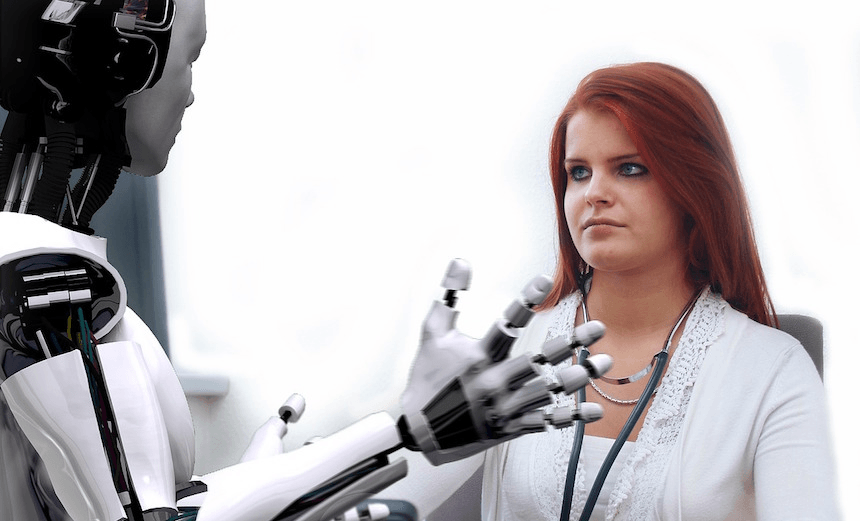A UMR nationwide survey suggests that New Zealanders are remarkably complacent about the threat new technology poses to their job security, writes UMR executive director Stephen Mills.
If there’s one takeaway message from our nationwide survey of attitudes to work, it’s that Kiwis are largely unconcerned – at least for now – about the threats posed by the advance of new technologies.
Employed New Zealanders are not overly worried that their job will be lost to new technology. Right now, there is more concern their job will be lost as a result of poor management.
Decisive majorities of all New Zealanders surveyed believe that the job they work in now will be around in 10 years, 20 years and even in 50 years.
They also believe that most occupations will survive, even over a 50 year timespan. Of a range of 16 occupations tested, the only ones a majority of New Zealanders think will probably be gone in 50 years are; travel agents, cashiers and tellers and postal service workers.
Reasons for concern about losing job
Provided with a set of reasons why people might worry about losing a job, 10% were ‘very concerned’ that their “employer uses machines or computer programs to replace human workers”; 11% were ‘somewhat concerned’; 26% were ‘not too concerned’ and 51% were ‘not concerned at all’; 2% were unsure.
Of the reasons provided, employed New Zealanders were most concerned about losing their job because the company was poorly managed.
Concern about losing their job to machines or computer programs was higher among New Zealanders on lower household incomes. Among those in households earning $50,000 or less, 24% were concerned and 74% were not concerned. Among those in household incomes earning less than $100,000, 16% were concerned and 84% were not concerned.
Sustainability of jobs
Employed New Zealanders were asked about the likelihood of the job that they worked in now existing in 10, 20 and 50 years time.
A decade ahead, 60% thought their job would definitely still exist, 33% that it probably would exist, 4% that it would probably not exist and 1% that it would definitely not exist. 2% were unsure.
Pushing that time frame out to 20 years, 42% thought that the job they were in now would still exist, 43% that it probably would exist, 9% that it would probably not exist and 2% that it would definitely not exist. 3% were unsure.
Even looking ahead 50 years, 31% thought that the job they were in now would definitely still exist, 47% that it would probably exist, 15% that would probably not exist and 4% that would definitely not exist. Despite the massive uncertainties of looking ahead over such a long period, only 4% recorded an unsure opinion.
New Zealanders on lower household incomes were generally more likely to think their job would be gone than those on higher household incomes.
Future of occupations
Given a range of 16 occupations and asked about whether they would still exist in 50 years time, most New Zealanders believed most jobs would survive.
92% thought doctors would definitely or probably still exist, 90% lawyers, 89% farmers and 86% construction workers.
Even in the media industry, obviously subject to significant disruption, 80% thought reporters would definitely or probably still exist. Even more surprisingly perhaps, given the publicity about driverless cars, 66% thought truck and taxi drivers would definitely or probably still exist in 50 years time.
Only in the case of postal service workers, cashiers and tellers and travel agents did a majority of New Zealanders think that occupation would probably or definitely not exist in 50 years time.
Note on methodology: All results are from questions included in UMR’s monthly online omnibus survey. This is a survey of a nationally representative sample of 1000 New Zealanders 18 years plus. Fieldwork was 10-17 February 2017.
The Society section is sponsored by AUT. As a contemporary university we’re focused on providing exceptional learning experiences, developing impactful research and forging strong industry partnerships. Start your university journey with us today.
